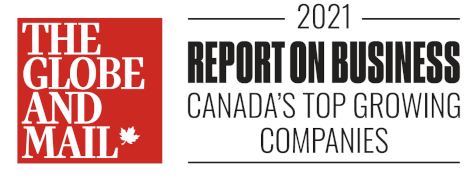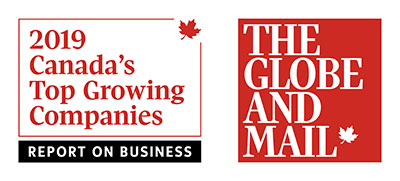Feeling the Burnout?

Management consulting is an excellent stepping stone for career development as it exposes consultants to multiple industries and functions, while the steep learning curve pushes them to develop transferable skills such as problem-solving, leadership, and communication. However, the industry also comes with a reputation for its long hours and a challenging work-life balance. It is typical to see consultants leave after two to four years in pursuit of a more sustainable lifestyle; hence, some individuals marvel at those who have stayed in consulting throughout their careers. But do tenured consultants need to be a rare breed? Does the stigma associated with their job mean that they do not value their personal wellbeing? While we may have different perspectives on how to prevent burnout, here are my thoughts based on personal experience and conversations with Partners and Principals at several firms:
Speak your mind
No one knows your situation better than you. Unless you speak your mind and let your team know about your constraints or wellbeing, it may be assumed that there are no issues. Perhaps you have a newborn baby, or a family member who needs additional care; clearly, what may have worked six months ago may not work now. If this is the case, voice your concerns to collaboratively set boundaries and non-negotiables with your manager. What often holds us back is the fear of consequence – but most managers that I have spoken to truly care and will make efforts to accommodate your needs given reasonable notice. Furthermore, if you are not directly involved in staffing decisions, let your manager know what interests you. Working on an engagement with a business objective that you are passionate about solving will deliver quality and a sense of achievement that can help prevent burnout.
Take a break
We often hear “I don’t have time to use up my vacation days”. To prevent such a scenario, it is helpful to plan your time off at least six months in advance. Not only does this allow appropriate resource decisions, but it can subconsciously allow you to pace and schedule work accordingly. If an extended vacation is not feasible, make an effort to take a break each day – it is also a good opportunity to learn more and develop new relationships with your coworkers.
Find someone to talk to
Whether it is your manager, development leader, or career advisor, find someone in your firm that you can speak to. Seek out connections and rich interpersonal interactions that can also help drive your professional development. It is also likely that there are others in your organization or your team that is facing similar difficulties – band together and offer mutual support to increase your sense of control and connection.
Identify stressors
Whether it is a client, colleague, deliverable, or even a family member, identify stressors and prioritize high-value activities and relationships. Set expectations and communicate what you can manage to improve productivity while managing workload. Furthermore, put yourself in your client’s shoes – what you may find important, yet stressful, may not be what is important to the client. Finally, eliminate stressors by knowing when to say no. With overwhelming demands, saying no can be the right answer and it takes courage and conviction.
The author of this blog Kevin Kim is an Engagement Manager at Trindent Consulting.




 English
English







